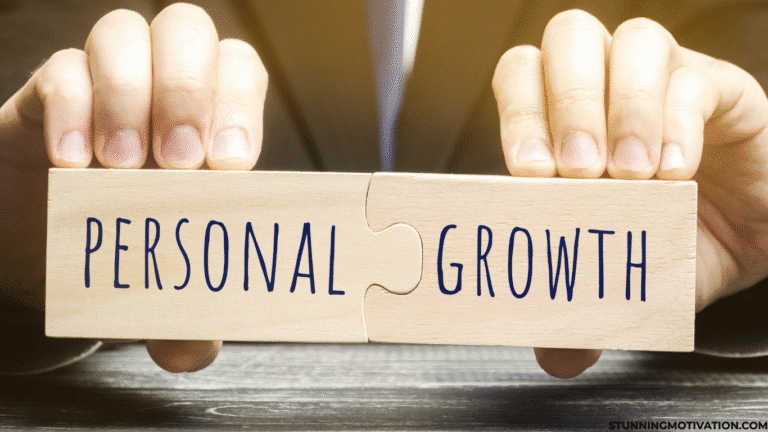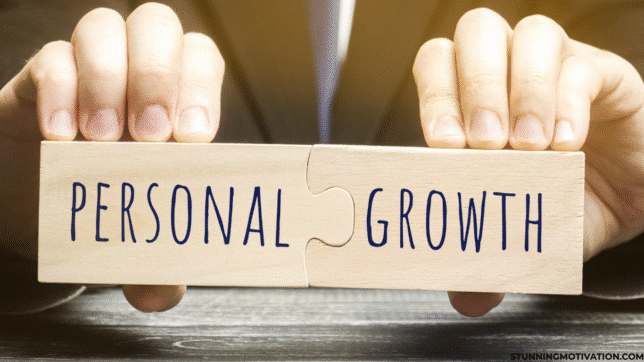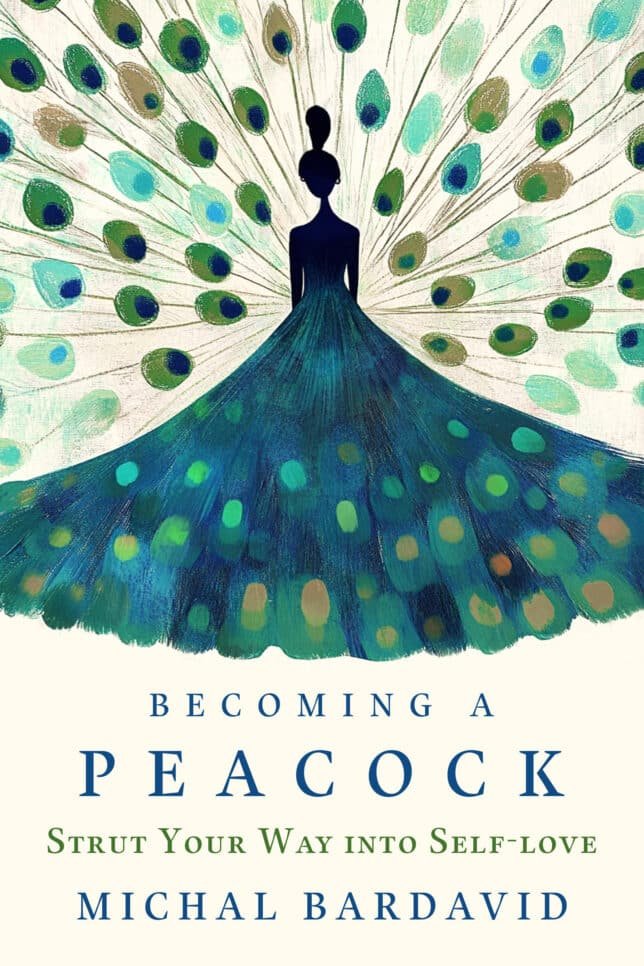Marriage is a journey brimming with shared moments, from the joyous celebrations of union to the everyday intricacies of life. It’s often said that a robust partnership is the cornerstone of a fulfilling and thriving life.
But what happens when that foundation starts to crumble under the weight of misunderstanding, recurring conflicts, or emotional distancing?
From unraveling the nuances of seeking professional help to arming you with the insights to navigate through successful counseling, we demonstrate how this proactive and affirmative step can lead to an enriched and enduring relationship.
Knowing where to start can feel daunting, but we’re here to guide and support you every step of the way.
Defining the Path to Reconciliation
Seeking marriage counseling is a courageous first step towards healing and growth within the partnership. It is important to recognize that such intervention does not signify failure but rather, reflects a mutual commitment to work through challenges constructively.
The process involves identifying and articulating individual needs, perceptions, and expectations, facilitated by a qualified counselor who acts as an impartial and empathetic mediator.
Through this journey, couples learn effective communication techniques and conflict resolution strategies that foster a deeper understanding and respect for one another, laying the groundwork for a renewed and stronger bond.
Crafting a Communicative Bridge

Crafting a communicative bridge signifies actively constructing a pathway for open dialogue and effective exchange of thoughts and feelings.
This framework is fundamental to resolving marital discord and can be accomplished by setting aside uninterrupted time for communication, practicing active listening, and expressing oneself with clarity and respect. It allows partners to appreciate each other’s perspectives without judgment and supports the development of shared solutions to issues affecting their relationship.
A therapist can facilitate this by guiding the couple towards understanding the root causes of their communication barriers and equipping them with the tools to overcome them, thereby restoring empathy and connection between partners.
Unveiling the Potential Through ADHD Counseling
The process of ADHD counseling extends beyond managing symptoms—it unveils latent potential and maximizes an individual’s unique capabilities. Central to this process is the exploration of tailored strategies that accommodate the distinctive ways in which a person with ADHD processes information and interacts with their environment.
This collaborative and solution-oriented approach provides a nuanced understanding of ADHD, fostering a constructive framework for self-improvement and empowerment.
Counseling assists in identifying strengths, leveraging them to overcome challenges, and translating them into practical applications in daily life. When you go with ADHD marriage therapy, you forge a path towards mutual growth and fulfillment. Choosing to invest in the well-being of your relationship is an act of love that yields lasting rewards for both partners.
Uncovering the Root of Discord
Uncovering the root of marital discord is a crucial component of the therapeutic journey. It involves delving into underlying issues that may not be immediately apparent, including long-standing behavioral patterns, unresolved personal traumas, or external stressors impacting the relationship.
A therapist guides couples through a process of introspection and discovery, which can often be challenging but is essential for true healing.
By identifying these core issues, couples can target the source of their struggles, rather than merely addressing surface-level symptoms. This deeper level of understanding is key to developing a holistic strategy for lasting change and relationship resilience.
A Playbook for Problem-Solving

Developing a playbook for problem-solving is akin to establishing a strategy whereby couples collaborate to overcome obstacles in their relationship. This approach underscores a proactive stance in addressing issues head-on, with solution-oriented techniques tailored to each partner’s needs and the dynamics of their union.
Within these pages, couples are equipped with an array of tools, exercises, and actionable plans designed to tackle conflicts with a clear head and a united front.
Grounded in principles of mutuality and personal accountability, this carefully constructed guide empowers both parties to identify patterns, set realistic goals, and create a sustainable framework for negotiation and adaptation, paving the way toward a healthier, more resilient partnership.
Battling the Stigma
The stigma surrounding couple’s therapy can be a substantial barrier for many seeking help. It propels a narrative of perceived failure or weakness, discouraging couples from acknowledging and addressing their relationship difficulties.
However, confronting and dismantling this stigma is critical for healing. Education is the launchpad for change—informing couples about the normalcy and utility of seeking professional guidance.
We must normalize the conversation about mental health and therapy in relationships, making it clear that such services are not a last resort but a proactive step toward a stronger partnership.
By promoting open discussions, sharing success stories, and emphasizing the benefits of counseling, we contribute to a cultural shift that recognizes the importance of mental and emotional well-being in marital success.
Overcoming the Hurdles to Help
Overcoming the hurdles to seeking help is an integral part of the journey toward a healthier relationship. Couples often face obstacles such as fear of judgment, uncertainty about the counseling process, or concerns about the implications of seeking therapy.
It’s imperative to address these concerns head-on, clarifying the benefits of professional intervention while debunking common myths. Professional help offers a safe, confidential, and supportive space for both partners to voice their issues and work collaboratively towards solutions.
Recognizing when to ask for help is a sign of strength and commitment to the relationship, and taking that step is crucial in altering the course of your partnership towards positive change.
Qualities to Seek in a Marriage Counselor

Choosing the right marriage counselor is paramount to the success of your therapeutic journey. It is essential to look for a professional with a solid educational background in psychology or marriage and family therapy, and who ideally holds a credible license in their field of practice.
Look for someone experienced in working with issues similar to your own and who maintains a philosophy of therapy that resonates with both you and your partner.
A good marriage counselor should be a skilled communicator, adept at facilitating difficult conversations in a way that is impartial yet compassionate. They must demonstrate an unwavering commitment to confidentiality and ethical practice.
Moreover, it is vital that the counselor you choose is someone with whom you both feel comfortable, as a foundation of trust is crucial to the success of the counseling process.
Takeaway
Embarking on the therapeutic process signifies a pivotal turning point for couples dedicated to revitalizing their partnership. The commitment to engage in counseling reflects a profound understanding that marriages are complex tapestries woven with care, requiring ongoing attention and nurturing.
By confronting challenges head-on with the support of a skilled counselor, couples move beyond temporary fixes to achieve meaningful, long-term solutions, fostering a relationship that thrives on mutual respect, understanding, and love.
Those who persevere through this journey invariably emerge stronger, having laid the groundwork for a lasting bond that can endure life’s ebbs and flows. While the road to reconciliation and growth may seem arduous, the reward is the rediscovery and reinforcement of a connection that is both resilient and renewed.
Shawn is a passionate coach who empowers individuals to achieve their goals and reach new heights of success. With his experience in the personal development industry, Shawn has guided countless people towards fulfilling their potential and achieving outstanding results in life. He has experience in the personal development industry for more than 7 years and has helped countless success seekers to achieve outstanding success in life. Learn more about him on Everydaypower.com or Goalcast.com

















